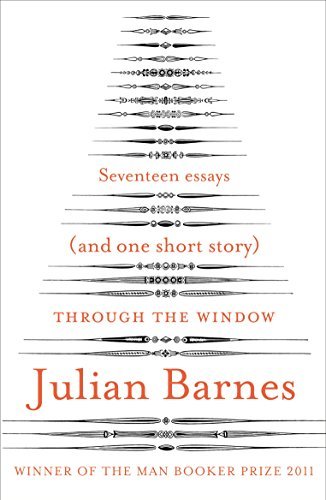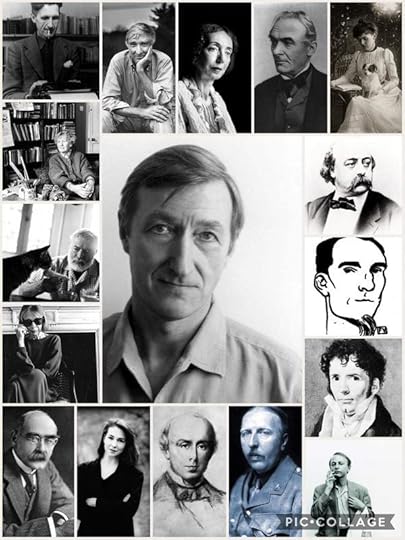What do you think?
Rate this book


Paperback Bunko
First published August 31, 2012

"If you go to the web page of the restaurant L'Huîtrière (3 rue des Chats Bossus, Lille) and click on 'translate', the zealous automaton you have stirred up will instantly render everything into English, including the address. And it comes out as '3 street cats humped'. Translation is clearly too important a task to be left to machines. But what sort of human should it be given to?This opening paragraph of Julian Barnes' essay "Translating Madame Bovary" is typical of his approach: a witty, modern man who lives in literature and for whom literature is a part of life. Ostensibly a review of the 2010 translation by Lydia Davis, it is in effect a lecture-demonstration on the principles and pitfalls of translation, with examples taken from five previous versions. He also speculates on the lost translation by the English governess to Flaubert's children (and possibly the author's mistress), Julia Herbert; with Barnes, there will always be a story in it somewhere. Indeed, two of Barnes' best-known novels are effectively stories about writers—Flaubert's Parrot (1984) and Arthur and George (2005, Conan Doyle)—and real-life writers, artists, and musicians crop up frequently in his short fiction. Barnes admires a lot of things about Lydia Davis' work, but fails her in the end because she admits that she doesn't love Flaubert. Which for Barnes is a cardinal sin, because everything he writes comes out of love, most especially his love for all things French.
For a moment, he thought of telling them the story of his life: how Angie had left him because he was a success, and then Lynn had left him because he was a failure. But he didn’t tell them that. Instead, he turned to Kate, in a final attempt at something—he wasn’t even sure what—and asked,
“What if I wrote about this and gave my name and didn’t give yours, would that really be bad?”
“Yes,” she replied, and it seemed to him that she now thought the less of him.
“And if I left out my own name and gave yours, would that make it better?”
“Yes,” she said.
And so he did. He tried to write it all down, simply and honestly, with clean moral lines.
But, still, nobody wanted to publish it.